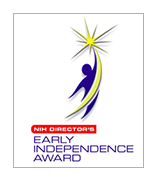2021 Awardees
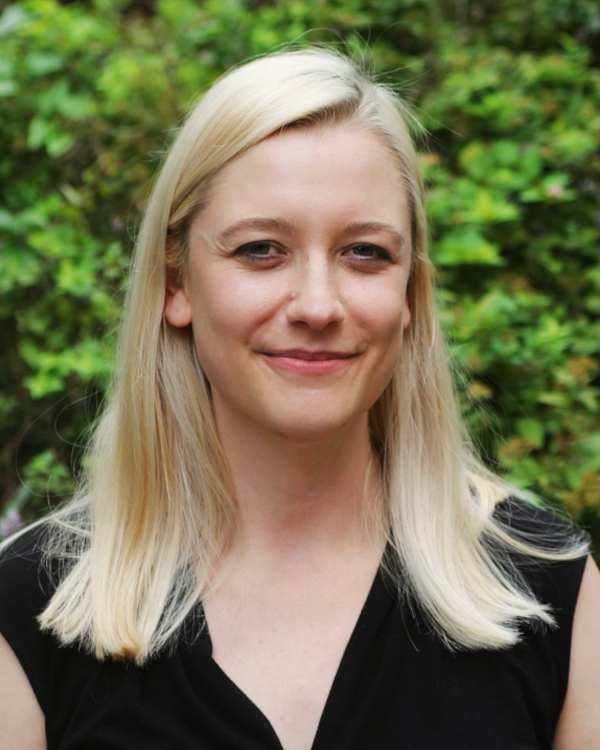
Katherine S. Aboud, Ph.D., M.F.A.
Vanderbilt University
Project Title: Bridging the Gap Between Brain Network Science and High-Definition Non-Invasive Brain Stimulation to Develop a Scalable Adult Literacy Intervention
Grant ID: DP5-OD031843
Katherine S. Aboud, Ph.D., is a post-doctoral fellow in Educational Neuroscience at Vanderbilt University and an NIH Outstanding Scholar of Neuroscience. Her research focuses on the neural characterization of reading processes and treatment of reading disorders using multi-modal neuroimaging approaches and non-invasive brain stimulation. To accomplish this, she uses functional and structural magnetic resonance imaging (MRI), electroencephalography (EEG), and high-definition neuromodulation approaches, along with educational, biomedical engineering, and psychological methodologies. Her primary branches of research include: (1.) the dynamic brain markers of reading comprehension, (2.) the brain predictors of reading disorders and outcomes, and (3.) brain-based enhancement of reading comprehension and learning using neuromodulation techniques. In 2020, she co-led a research initiative on neuromodulation with Vanderbilt’s Soldier Innovation Incubator; this initiative won a finalist position in the US Army Medical Research & Development Command xTech BOLT prize competition. She completed her doctoral work in Peabody College of Education and the Vanderbilt Brain Institute at Vanderbilt University, where she was awarded the Elaine Sanders-Bush Award for Outstanding Neuroscience Research for her work in reading disabilities. She has been a Learning Disability Hub Scholar in the Special Education Department at Peabody College since 2017. In 2016 she was selected as a Fellow in the inaugural National Center of Adaptive Neurotechnology training program. Prior to her work at Vanderbilt, she was an Intramural Research Training Award (IRTA) fellow at the National Institute of Deafness and other Communication Disorders at the NIH.
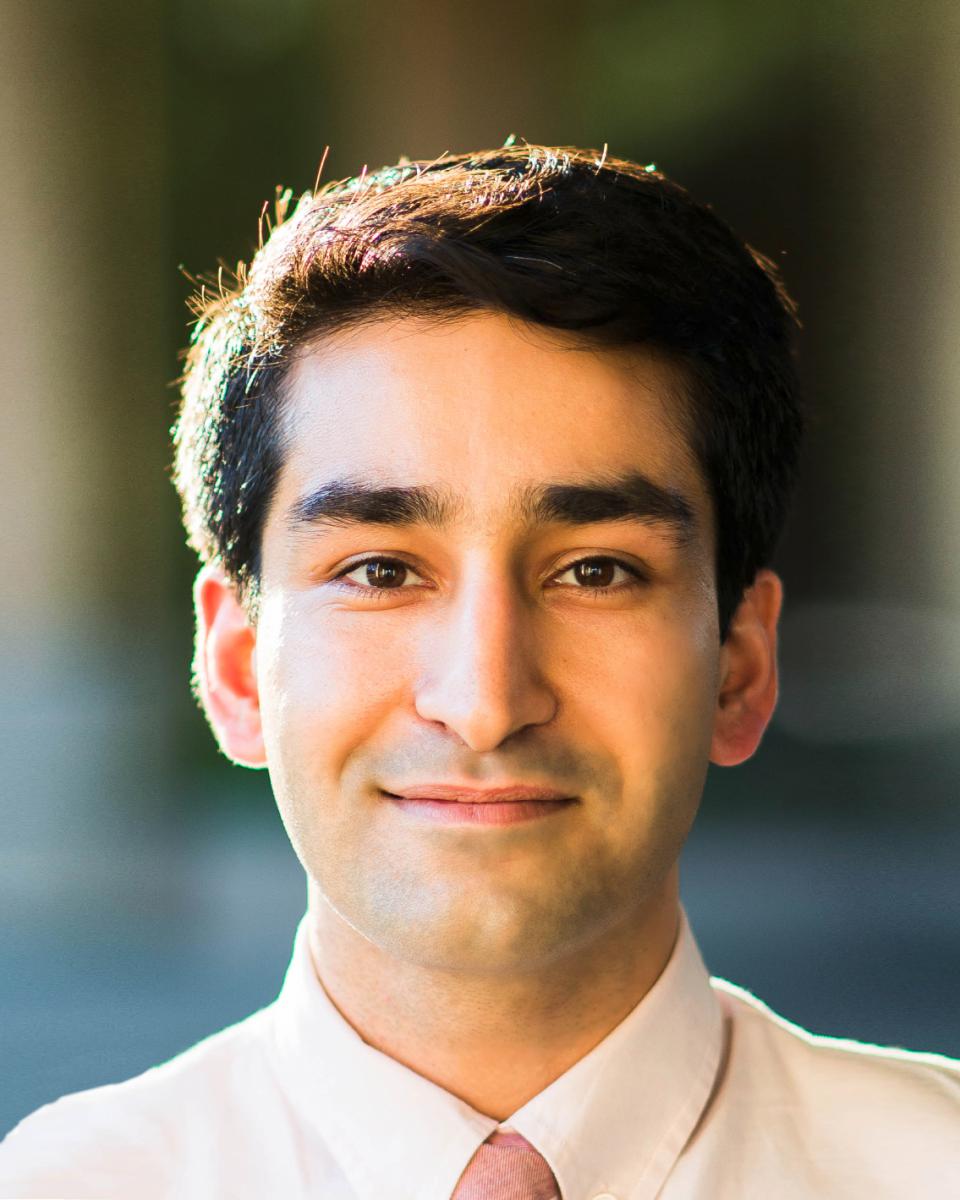
Jalal Ahmed Khan, M.D., Ph.D.
Icahn School of Medicine at Mount Sinai
Project Title: Advancing CAR T Cell Therapy for Solid Tumors
Grant ID: DP5-OD031828
Jalal Ahmed Khan (@jalal_ahmed) is an Assistant Professor in the Department of Radiation Oncology and the Precision Immunology Institute at the Icahn School of Medicine at Mount Sinai (ISMMS). Jalal was a biomedical engineering major at Columbia University and then later an MD/PhD student in immunology and developmental biology at the ISMMS where he worked with Paul Frenette and Miriam Merad to illustrate how fractal vessel geometry determined the expansion of hematopoietic stem cells in the developing fetus. As an ABR Holman Research pathway resident in Radiation Oncology at the ISMMS, Jalal worked with Miriam Merad and Michel Sadelain to modulate the tumor immune microenvironment with radiotherapy to improve the anti-tumor activity of chimeric antigen receptor (CAR) T cells. For this award, the lab (jaklab.io) aims to design novel CAR T cell therapies informed by the study of myeloid cells that play a key role in shaping the composition of the tumor microenvironment and the response to cancer immunotherapy.
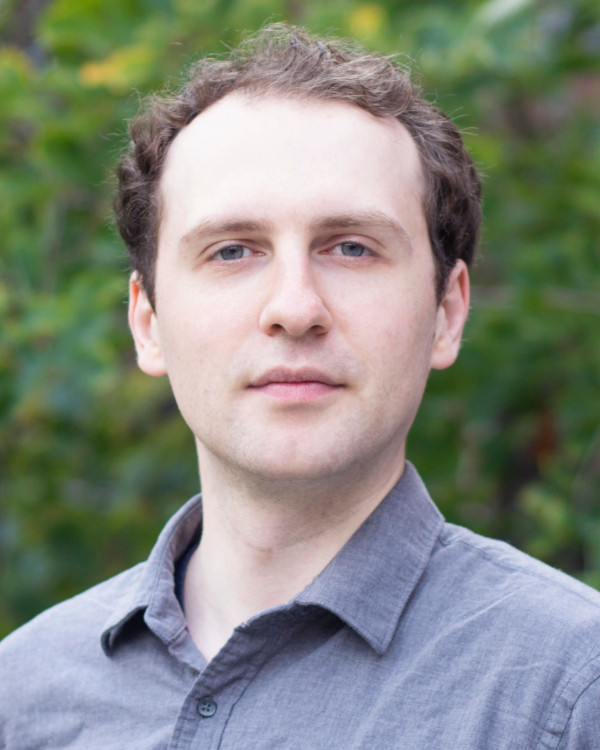
Bogdan Bintu, Ph.D.
University of California San Diego
Project Title: High-Throughput Imaging of 3D Chromatin Regulation Events in the Nervous System
Grant ID: DP5-OD031878
I am an assistant professor in the Bioengineering and Cellular and Molecular Medicine departments at University of California San Diego. Cometored by Dr. Xiaowei Zhuang and Dr. Catherine Dulac during my PhD at Harvard University I developed spatial transcriptomics and genomics imaging tools to simultaneously see many of the components of chromatin regulation: the 3D architecture of the genome together with the transcriptional output of hundreds of genes and the interaction with multiple modulatory proteins within individual cells. I will continue to develop and apply new imaging tools to understand how gene regulation information propagates across scales from the molecular events within the nucleus to the organization of cells into tissues and organs, up to the scale of animal behaviour. Starting with the peripheral olfactory system as a model system I am interested in how the sensory neurons regulate the receptor and signaling genes to specialize in both detecting all the different odors and in transmitting the sensed information to stereotypical projections into the brain.
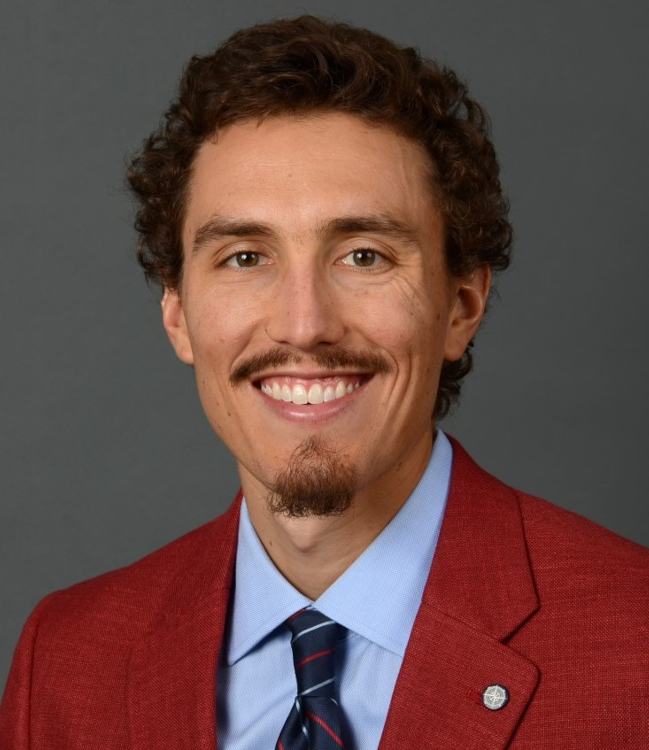
Jacob J. Capin, P.T., D.P.T., Ph.D., M.S.
Marquette University
Project Title: Life After Sport: Prior Injury and Sedentary Behavior as Mechanisms of Later Poor Health
Grant ID: DP5-OD031833
A clinician-scientist driven to advance rehabilitation and health outcomes through exercise, behavior change, and other non-surgical, non-pharmacologic interventions, Jacob Capin is an Assistant Professor of Physical Therapy at Marquette University and Director of the emerging Life After Sport Trajectories (LAST) laboratory. Inspired by playing NCAA basketball and rehabilitating athletes after traumatic knee injury, Jacob has the long-term research goal of improving musculoskeletal, cardiometabolic, and general health across the lifespan of former athletes, emphasizing early behavioral interventions to prevent their developing chronic diseases by mid-life. His DP5 work will investigate two potential determinants of poor long-term health in former athletes (prior injury and sedentary behavior), deriving critical evidence to inform future studies to prevent disease, promote health, and facilitate an aging population less reliant on costly end-stage medical procedures. Jacob completed his BS in psychology from Christopher Newport University; MS in anatomy and clinical health sciences, Doctor of Physical Therapy (DPT), and PhD in biomechanics and movement sciences from the University of Delaware through an NIH-funded, dual-degree DPT/PhD training program (T32-HD007490 and F30-HD096830); and postdoctoral fellowship at the University of Colorado Anschutz Medical Campus (F32-AG066274). He serves as a USA Triathlon certified coach and competes as an All-American Triathlete – personal passions that inform his clinical practice and research.

Brian Koss, Ph.D.
University of Arkansas for Medical Sciences
Project Title: Discovering T Cell Proteome Turnover Dynamics to Overcome the Solid Tumor Microenvironment
Grant ID: DP5-OD031863
Brian Koss is an Assistant Professor of Biochemistry and Molecular Biology at the University of Arkansas for Medical Sciences (UAMS). He completed his B.A. degree at Hendrix College and then earned his Ph.D. at UAMS under the mentorship of Dr. Alan Tackett. Dr. Koss’s research interests are focused on understanding the fundamental mechanisms T cells utilize to adapt to environmental stress. His laboratory is currently developing and applying cutting-edge proteomic approaches to elucidate how proteome turnover dynamics influence the ability of a T cell to persist in solid tumors. To translate these findings, his laboratory seeks to establish new immune monitoring methodologies and engineer CAR T-cell therapies with superior persistence in the solid tumor environment.
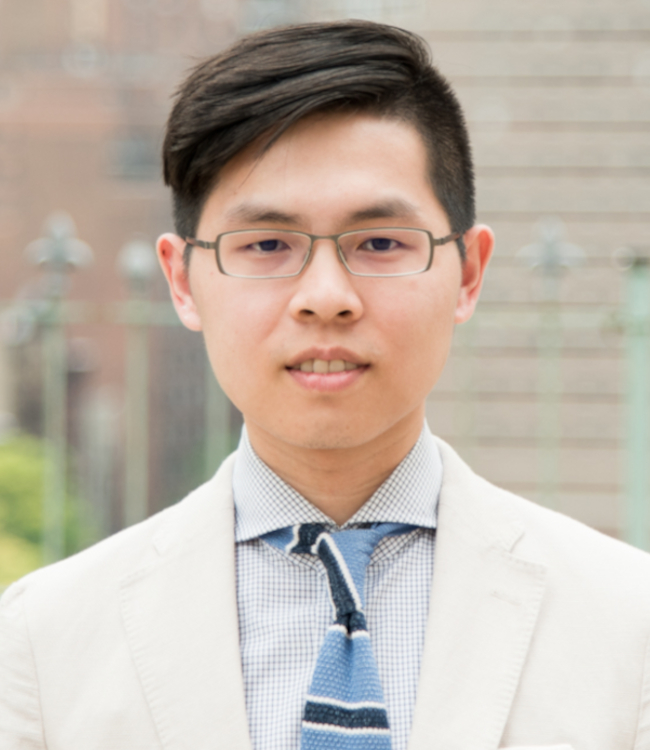
Hong-Hsi Lee, M.D., Ph.D.
Harvard Medical School; Massachusetts General Hospital
Project Title: Revealing Tissue Microstructure in the Brain Gray Matter in Alzheimers Disease Using In Vivo High-Gradient Diffusion MRI
Grant ID: DP5-OD031854
Hong-Hsi Lee is an Instructor in Radiology at Harvard Medical School and a faculty at the Martinos Center for Biomedical Imaging at the Massachusetts General Hospital. He received his M.D. and M.S. degrees at National Taiwan University, followed by a Ph.D. degree in Biomedical Sciences at Center for Advanced Imaging Innovation and Research (CAI2R), New York University. Under the supervision of Dr. Dmitry S. Novikov and Dr. Els Fieremans, Hong-Hsi’s graduate research focused on the diffusion experiments and numerical validations of biophysical models in the brain white matter, aiming at bridging the resolution gap between tissue microstructure and macroscopic MRI voxels. He subsequently investigated the micro-geometry in the brain gray matter during the postdoctoral research. To facilitate the clinical translation, he is working on human scans on the advanced high-gradient Connectom MRI scanner and electron microscopy analysis of human brain tissues.
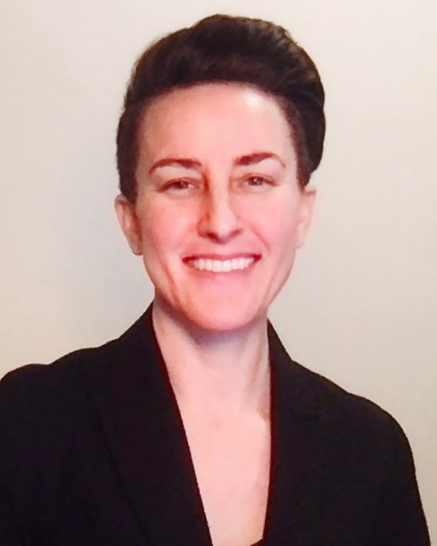
Deborah C. Marshall, M.D., M.A.S.
Icahn School of Medicine at Mount Sinai
Project Title: Novel Functional Anatomic and Biomarker Indices of Radiation-Induced Female Sexual Toxicities in a Multi-Center Cohort
Grant ID: DP5-OD031876
Deborah C. Marshall is an Assistant Professor in the Department of Radiation Oncology and in the Blavatnik Family Women’s Health Research Institute at the Icahn School of Medicine at Mount Sinai (ISMMS) in New York City. In addition to providing advanced radiotherapy to a diverse population of cancer patients, Dr. Marshall directs a laboratory aiming to advance the understanding of the impacts of radiotherapy on sexual function in women and female-bodied cancer patients across the lifespan. By applying radiobiologic, imaging, and multi-omic methods in human research, her goal is to prevent and mitigate the effects of radiotherapy on sexual function and to improve quality of life after cancer treatment. After completing a combined medical and graduate degree at the University of California San Diego School of Medicine, she completed her transitional year internship at Memorial Sloan Kettering Cancer Center and residency in Radiation Oncology at ISMMS. During residency, she conducted research as part of the American Board of Radiology Holman Research Pathway and an NIH T32 postdoctoral fellowship.
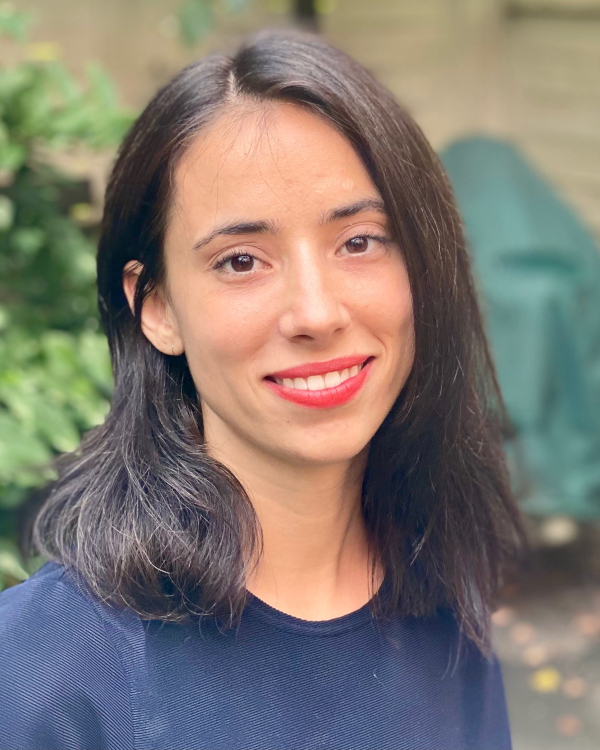
Anne E. (Annie) Nigra, Sc.M., Ph.D.
Columbia University Mailman School of Public Health
Project Title: Public Drinking Water Contaminants and Infant Health: Advancing Environmental Justice
Grant ID: DP5-OD031849
Dr. Annie Nigra is an environmental health scientist and environmental epidemiologist in the Department of Environmental Health Sciences at the Columbia University Mailman School of Public Health. Her work focuses on addressing racial/ethnic, socioeconomic, and geographic inequities in metal exposures and related adverse health outcomes in US populations. Specifically, her current work characterizes drinking water exposure inequalities, evaluates the impact of federal drinking water regulations, and estimates related epidemiologic effect estimates, with the ultimate goal of reducing inequities in drinking water exposures by directly informing public health interventions and regulatory action. She earned a BA in Biology from Oberlin College, a ScM in Epidemiology from Johns Hopkins Bloomberg School of Public Health, and a PhD in Environmental Health Sciences from Columbia University Mailman School of Public Health (annienigra.com).
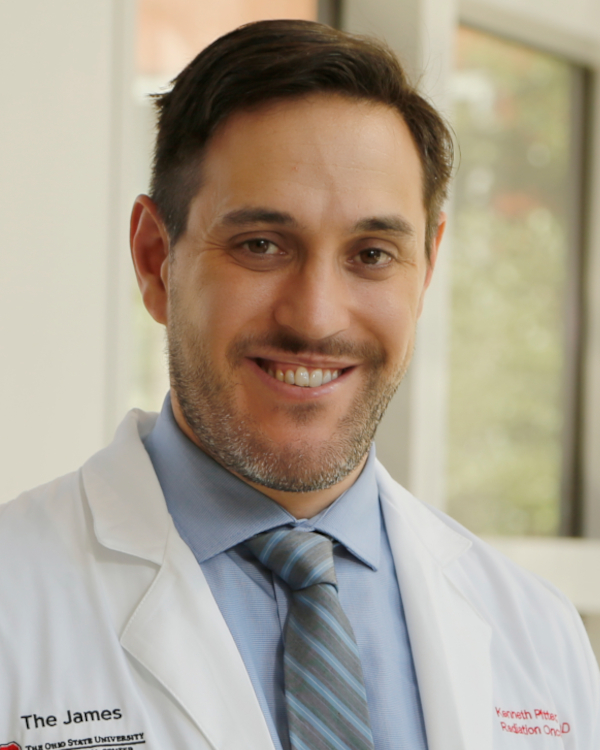
Kenneth Pitter, M.D., Ph.D.
The Ohio State University
Project Title: Cellular Phenotypic Heterogeneity and Resistance to Radiotherapy in Pancreatic Adenocarcinoma
Grant ID: DP5-OD031864
Kenneth Pitter is currently an Assistant Professor in the Department of Radiation Oncology at the Ohio State University Arthur G. James Cancer Hospital and Richard Solove Research Institute. Dr. Pitter's research interests are focused on understanding the biological mechanisms driving tumor heterogeneity, and exploring the relationship between tumor heterogeneity and resistance to anti-cancer therapies. His laboratory will investigate the signaling and cellular interactions that drive intratumoral heterogeneity with the goal of innovating novel treatment strategies. He earned his M.D. and Ph.D. from the Cornell/Rockefeller/MSKCC Tri-institutional program, where he worked with Dr. Eric Holland studying mechanisms of radiation resistance in gliomas. He completed his transitional year internship and residency in radiation oncology at Memorial Sloan Kettering Cancer Center in New York, NY, and during residency, he conducted laboratory research with Dr. Tuomas Tammela as part of the American Board of Radiology Holman Research pathway.
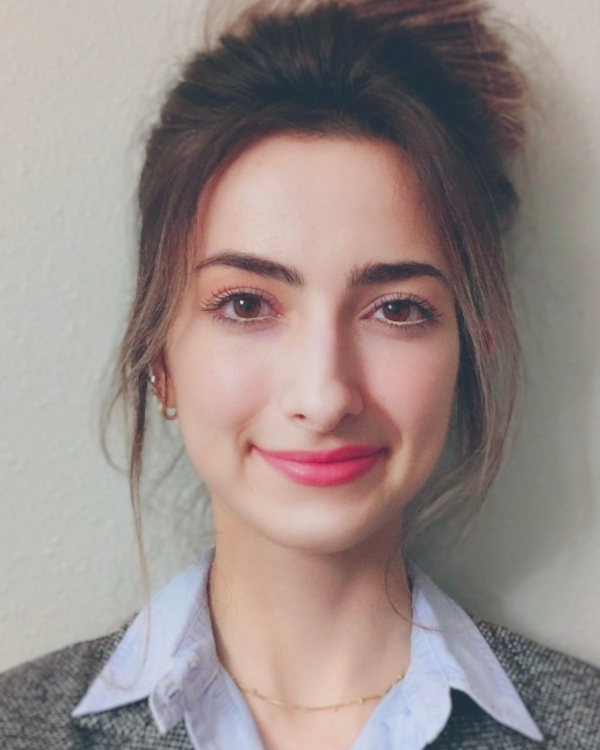
Natasha D. Sheybani, Ph.D.
University of Virginia
Project Title: Immunoengineering Next-Generation Cancer Therapies with Focused Ultrasound
Grant ID: DP5-OD031846
Dr. Natasha Sheybani is an Assistant Professor in Biomedical Engineering and (by Courtesy) Radiology & Medical Imaging at the University of Virginia. She was a Eugene P. Trani Scholar at Virginia Commonwealth University, where she received her B.S. (with Honors) in Biomedical Engineering, as well as an NSF Graduate Research Fellow and Robert R. Wagner Fellow at the University of Virginia, where she earned her Ph.D. in Biomedical Engineering. As a graduate student, Dr. Sheybani became the University of Virginia’s first recipient of The NCI Predoctoral-to-Postdoctoral Fellow Transition Award (F99/K00), which also supported her postdoctoral fellowship in Oncology, Biomedical Data Science and Radiology at Stanford School of Medicine. Dr. Sheybani’s research centers on the use of focused ultrasound technology for potentiation of cancer immunotherapy in solid tumors of the brain and periphery. With the goal of ushering focused ultrasound into the burgeoning era of precision immuno-oncology, her lab employs innovative translational approaches in liquid biopsy, quantitative imaging, and artificial intelligence to non-invasively inform risk stratification, therapeutic monitoring, and individualized treatment paradigms for patients receiving focused ultrasound in combination with immunotherapy.
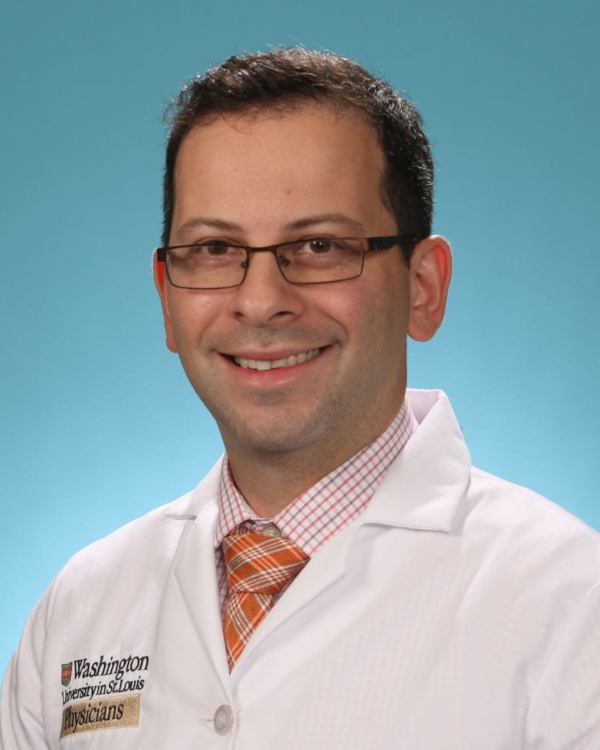
Leonid Shmuylovich, M.D., Ph.D.
Washington University School of Medicine in Saint Louis
Project Title: Infrared Skin Imaging to Transform Noninvasive Diagnosis and Management of Skin Disease
Grant ID: DP5-OD031872
Leo Shmuylovich is an Assistant Professor in the Division of Dermatology, Department of Medicine at Washington University School of Medicine in St. Louis. The mission of the Shmuylovich lab is to transform skin disease diagnosis and management through the development of novel infrared imaging modalities that objectively assess skin disease at both large and small scales and across diverse skin types. Leo obtained a Bachelors of Science in Chemical Engineering at Cornell University, and went on to earn his MD and Physics PhD from Washington University in Saint Louis School of Medicine where he worked with Sándor Kovács to extract clinically relevant indices of heart function from mathematical models of diastole. Inspired by the physics of light interacting with skin, he pursued a residency in Dermatology with specialization in Pediatric Dermatology, and during residency developed near infrared and thermal imaging devices in Samuel Achilefu’s Optical Radiology Laboratory. Additional details about the Shmuylovich Lab can be found at https://dermatology.wustl.edu/people/leo-shmuylovich-md-phd/.
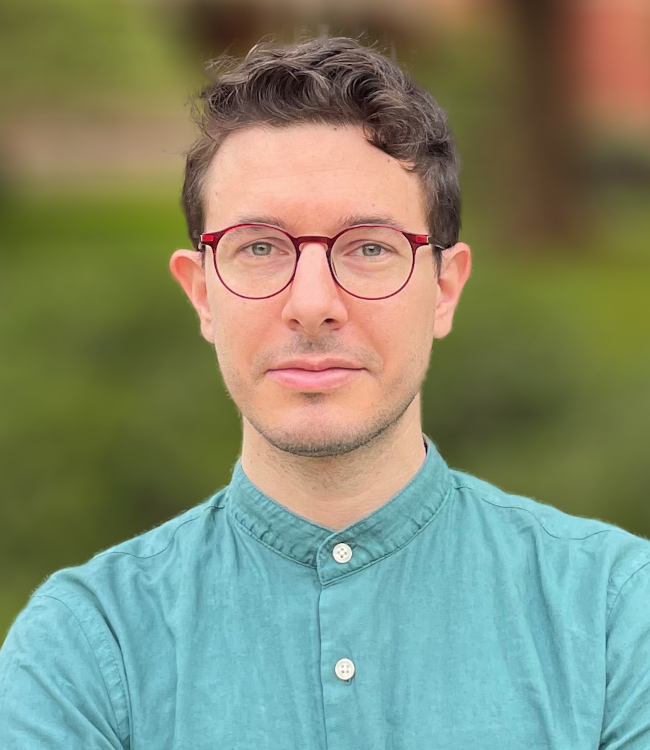
Francesco R. Simonetti, M.D., Ph.D.
Johns Hopkins University School of Medicine
Project Title: Investigating Antigen-Driven Clonal Proliferation to Target HIV-1 Persistence
Grant ID: DP5-OD031834
Francesco is an Assistant Professor in the Division of Infectious Diseases at Johns Hopkins School of Medicine. He earned his M.D. and completed his clinical training in Infectious Diseases at the University of Milan in Italy. During his fellowship, he worked at the National Cancer Institute at the HIV Dynamics and Replication Program, where he helped to uncover the role of viral integration and cell proliferation in HIV persistence. In 2021, he earned his Ph.D. in Cellular and Molecular Medicine at Johns Hopkins University. His graduate work in the lab of Robert and Janet Siliciano focused on the forces driving the survival and selection of HIV-infected cells. Francesco’s translational approach combines patient-centered observations and novel molecular assays to investigate virus-host interactions. He is especially interested in the clonal expansion of HIV-infected cells, which represents a major obstacle to achieving a cure for HIV. His laboratory currently focuses on how adaptive immune responses shape the dynamics and persistence of the HIV reservoir.
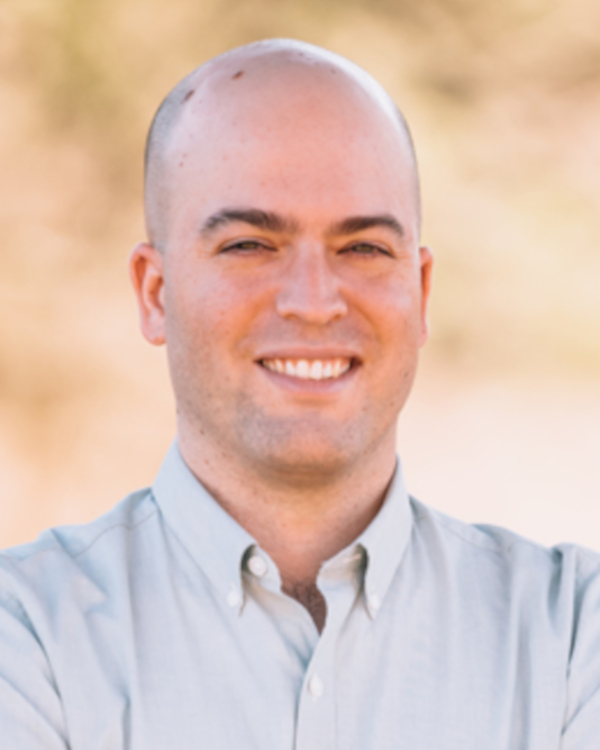
Yonatan Winetraub, Ph.D.
Stanford University
Project Title: OCT as a Platform for Non-Invasive Virtual H&E Biopsy
Grant ID: DP5-OD031858
Yonatan Winetraub earned his PhD in Biophysics at Stanford University School of Medicine and is a Bio-X Bowes fellow. His research focuses on utilizing Optical Coherence Tomography (OCT) and machine learning to create virtual histology tools to image cancer non invasively at a single cell resolution. Prior to his PhD at Stanford, Yonatan co-founded SpaceIL, a $170M non-profit organization that launched the first private interplanetary robotic mission to the Moon, crash landing on April 11, 2019. He completed his M.Sc. in Electrical Engineering and Computational Neuroscience at Tel Aviv University.


